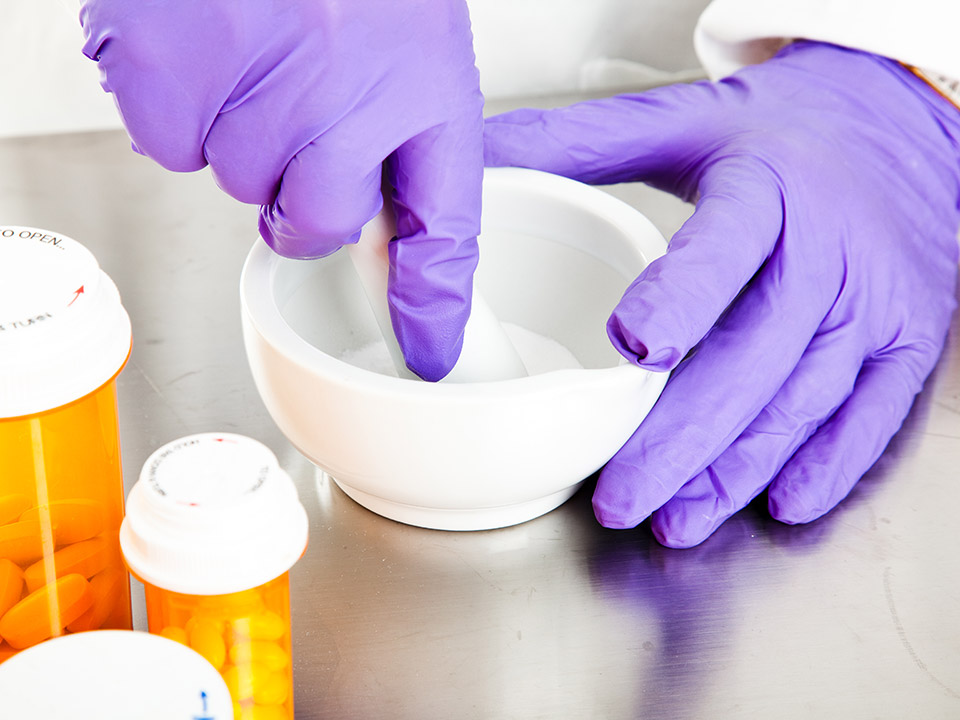Understanding Compound Pharmacy and Its Scope
In the realm of healthcare, a compound pharmacy stands out as a unique and vital player. Unlike traditional pharmacies, a compound pharmacy specializes in the art and science of pharmaceutical compounding. This process involves creating customized medications that are tailored to the specific needs of individual patients. But what exactly falls under the umbrella of compound medication?
The Diverse World of Compound Medications
Compound drugs are not your typical FDA-approved drugs that you find on the shelves of community pharmacies. Instead, they are crafted in specialized compounding facilities by a compounding pharmacist, who combines, mixes, or alters ingredients to create a medication that meets the precise requirements of a patient.
The types of medications that can be compounded are vast and varied. They range from sterile compounding, which includes medications for injections, to nonsterile compounding, which covers a broad spectrum of oral medication, topical applications, and more.
Regulation and Safety in Compounding
The Food and Drug Administration (FDA) plays a crucial role in the oversight of compound drugs. While compounded drugs are not FDA-approved, they are regulated under the standards set by the FDA, state board of pharmacy, and the Pharmacy Compounding Accreditation Board. These regulations ensure the safety and efficacy of compounded medications.
Applications of Compounded Medications
1. Personalized Dosages and Formulations: One of the primary roles of a compounding pharmacy is to customize medications. For instance, if a patient requires a specific dosage that is not available in standard prescription drug forms, a compounding pharmacy can create it.
2. Allergy-friendly Options: Patients with allergies to certain ingredients in FDA-approved medication can benefit from compounded prescriptions, where allergens are omitted.
3. Alternative Forms: Some patients may find difficulty in swallowing pills and hence may require their prescription medication in a liquid form. Compounding pharmacies can convert many oral medications into a liquid, making it easier for these patients.
4. Bioidentical Hormone Therapy: Compounded bioidentical hormone therapy is a significant area in compounding, offering tailored hormone treatments.
5. Pediatric and Veterinary Uses: Children and pets often require specific dosages and flavors, which can be provided through compounded drugs.
Challenges and Considerations
While compounding offers immense benefits, it’s important to understand that compounded drugs are not FDA-approved. This means they haven’t been evaluated by the FDA for safety or efficacy. The New England Compounding Center incident highlights the potential risks associated with improper compounding practices. However, with advancements in regulation and the efforts of organizations like the Alliance for Pharmacy Compounding, the safety and quality of compounded medications continue to improve.
Education and Accreditation
Pharmacists who offer compounding services usually have advanced training in compounding. Many pharmacies also seek accreditation from bodies like the Pharmacy Compounding Accreditation Board, which sets high standards for compounding pharmacies.
Conclusion
The world of compound drugs is complex and fascinating, offering solutions from compounded topical pain treatments to custom oral medications. As healthcare continues to evolve towards more personalized care, the role of the compounding pharmacy becomes ever more crucial. Whether it’s through accredited compounding pharmacies or community pharmacies that offer compounding services, the ability to customize medications opens up a new frontier in medical treatment and patient care.










